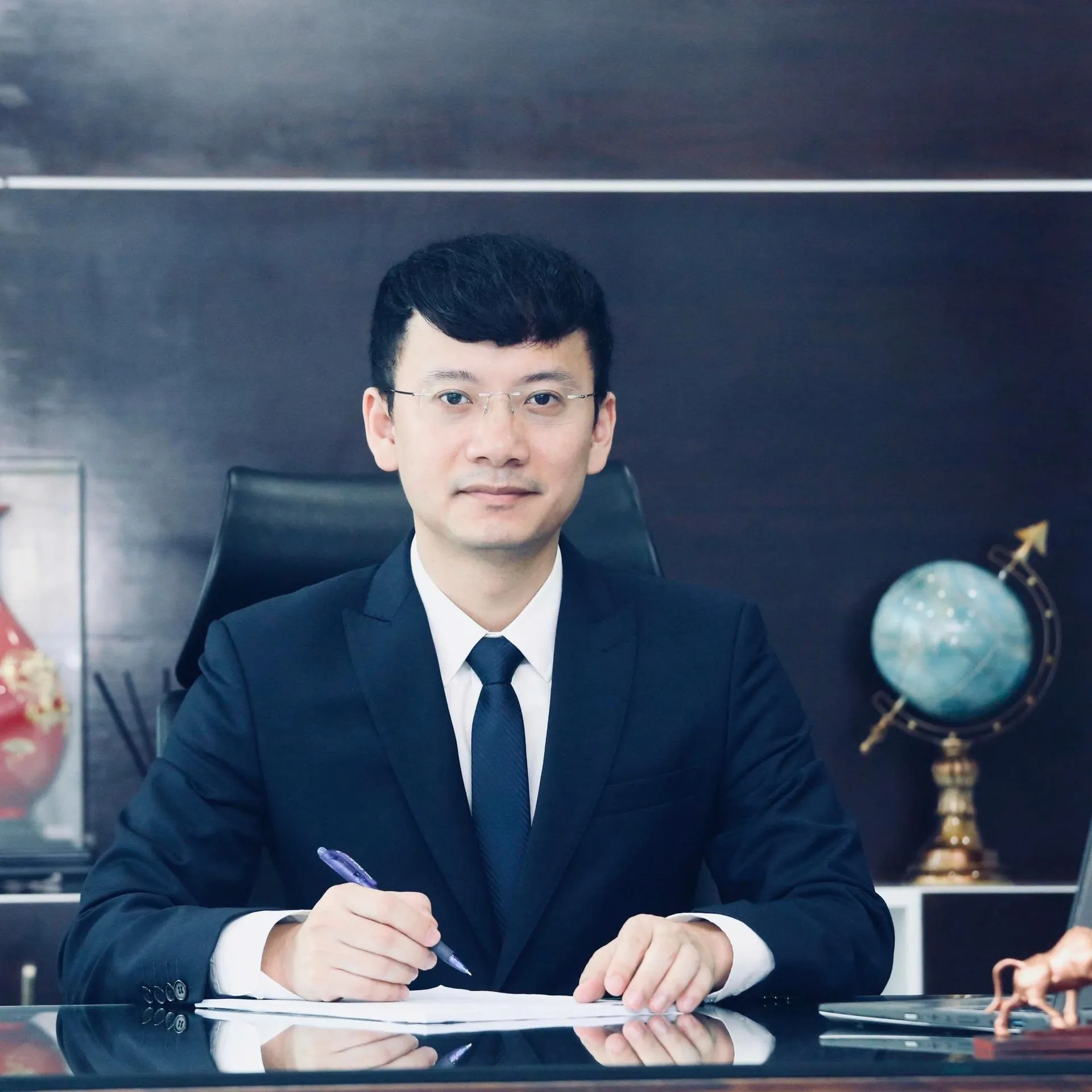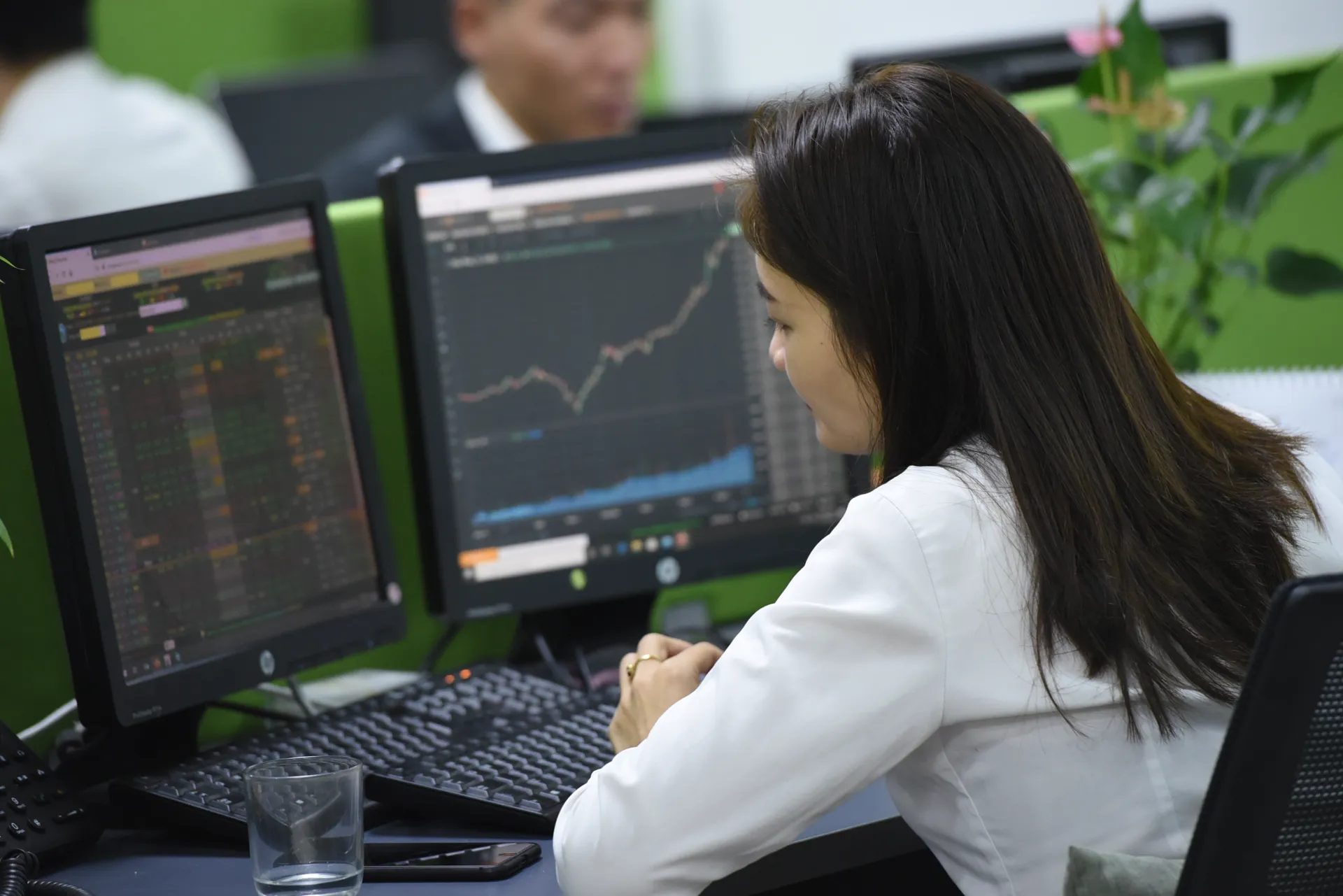Stock market upgrade seen as Vietnam’s path to becoming a world-class economy
A stock market upgrade requires installing a settlement system, better applying international financial reporting standards, and removing foreign ownership limits in non-conditional sectors.
THE HANOI TIMES — With markets in the region competing fiercely to attract foreign capital, upgrading the stock market has become a strategic mission for Vietnam.
Deputy General Director of Vietnam Construction Securities Joint Stock Company Do Bao Ngoc spoke with Kinh te & Do thi (Economic and Urban) Newspaper about the obstacles preventing the upgrade of Vietnam’s stock market in the near future, a feasible roadmap for achieving this upgrade, and the potential benefits.

Do Bao Ngoc, Deputy General Director of Vietnam Construction Securities Joint Stock Company.
Why is the upgrade of Vietnam’s stock market considered a strategic milestone and what are the key challenges hindering this process?
Upgrading the stock market will allow Vietnam to access vast sources of capital from investment funds, particularly exchange traded funds (ETFs), worth hundreds of billions of dollars. This would push the nation toward comprehensive reform of the entire financial ecosystem.
Such an upgrade would encourage companies to improve transparency and governance, helping them raise capital, expand their businesses, and achieve sustainable economic growth. In short, this is not just a dream for investors, but also a national aspiration to elevate Vietnam’s status on the global stage.
Currently, four key bottlenecks prevent Vietnam’s stock market from meeting emerging market standards.
First is the foreign ownership cap. Despite efforts to open up, many sectors still face restrictions and lack transparency, which makes foreign investors hesitant to commit long-term capital.
Second, Vietnam has yet to implement a central counterparty clearing system, which is a mandatory criterion for both MSCI and FTSE in their upgrade assessments.
Third, there are issues with free currency conversion and capital repatriation. International investors still face many hurdles when bringing money into or taking it out of the market.
Fourth, transparency and financial reporting standards remain subpar. Most Vietnamese companies do not apply International Financial Reporting Standards (IFRS), and few publish their financial reports in English.
Which factors are the most critical? Why is a lack of IFRS compliance such a big issue for foreign investors?
Among the above factors, the absence of a central counterparty clearing system poses the greatest challenge. Without it, trade settlement and reconciliation processes are risky and do not meet international transparency standards.
Rating agencies prioritize the safety and reliability of the clearing system. Therefore, the upgrade will be delayed until Vietnam implements a central counterparty clearing system, even if other improvements are made.
Regarding IFRS compliance, foreign investors evaluate not only growth performance but also transparency and the ability to analyze risk from financial reports when they decide whether to invest in a market.
If Vietnamese companies only use Vietnamese accounting standards, it is tricky to compare and value them against their regional or global peers. The lack of English disclosures also makes the market seem less investor-friendly.

A local investor in Hanoi. Photo: Pham Hung/The Hanoi Times
What are possible solutions to these obstacles? When might the Vietnamese stock market be upgraded?
I believe there are four key solutions. First, the foreign ownership limit, which is a bottleneck, must be resolved. For non-sensitive industries, 100% foreign ownership should be permitted for all businesses.
We can also learn from Thailand’s non-voting depository receipt (NVDR) model, which allows foreign investors to buy non-voting shares while ensuring state control and attracting large capital inflows.
Second, we need to establish a central counterparty clearing system. Trust in the market is essential, and this is key to achieving it. A central counterparty clearing system automates processes, reduces risks, and enhances transparency.
Third, we should adopt international financial reporting standards, beginning with large companies and gradually expanding to small and medium-sized enterprises. This will improve the quality of financial reporting and bring Vietnam in line with other emerging markets.
Finally, we need to allow for more liberal capital flows. I believe the Government, the State Bank of Vietnam, and other ministries should collaborate to strengthen reforms in currency conversion and ensure that investors can repatriate funds flexibly when needed.
Given the current situation, I expect that, in an optimistic scenario, Vietnam’s stock market could be upgraded by FTSE in its September 2025 review and included on MSCI’s watch list in 2026.
However, if reforms are slow and fragmented, the FTSE upgrade could be delayed until 2026, and MSCI would likely postpone the watchlist review by at least another year.
What long-term benefits would a successful market upgrade bring to Vietnam?
Regardless of the scenario, a successful upgrade would bring enormous value to the economy.
Depending on the weighting of Vietnamese stocks in the FTSE and MSCI indexes, estimates suggest that Vietnam could attract passive capital from ETFs totaling around US$3-5 billion.
Moreover, active funds from developed markets may allocate even larger sums, up to $5-10 billion, if market conditions and corporate quality align with international investment standards.
The upgrade will have the greatest impact on enhancing Vietnam’s national competitiveness. When the stock market meets international standards, companies must improve their governance and transparency to meet the requirements of global markets.
This would help the entire financial, banking, and corporate ecosystem thrive in a more sustainable way. Domestic investors would also benefit from a more professional market.
Finally, the upgrade would reinforce Vietnam’s image as an attractive, trustworthy destination for global investors.
Thank you for your time!












